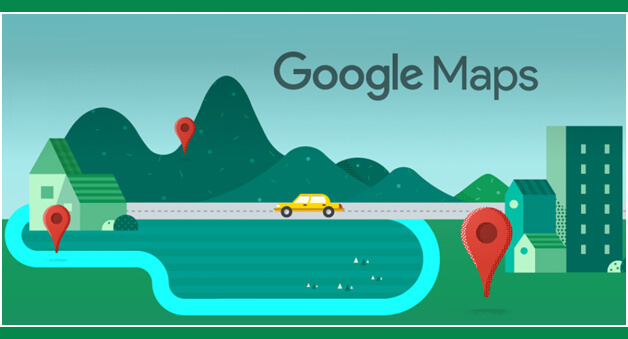The apps will not support the bubbles feature automatically so the developers of third-party apps (other than Google) like Facebook, Twitter, or any other productivity app will have to implement this feature in their apps.

Another new feature Android Q is packed with is Scraped Storage. Taking Apple’s privacy as an inspiration Google will follow the footsteps of iOS’s way of allocating a certain amount of storage space for each app. In this way, applications will have access to only their share of storage and won’t require permission for accessing the data. Therefore your photos, videos, and other files will be only accessed after your permission. This feature will also promote faster operations for each application.
With the new Android update, you will now have control over how long the applications will have access to your location. In current versions of android os applications either have full access or no access to your location but in Android Q you can set applications to access your location while in the foreground though some apps may still have access to your location while your display is turned off.
:no_upscale()/cdn.vox-cdn.com/uploads/chorus_asset/file/15962515/Screenshot_20190314_142008_2.png)
Other features include the complete dark mode which is system-level dark mode which can be tested by enabling battery saver mode for now as there’s no individual option to test this feature for now.
Apps that require access to a specific feature like Bluetooth, wifi, etc will bring up the menu automatically so you won’t have to go to the settings menu. You will also be able to see the estimated battery life on the status bar beside the battery logo.
As of now, Android Q is currently available for pixel users only (including the 1st gen pixel users), and according to Google, the beta version contains a lot of bugs like apps accessing your photos, videos and other files that are yet to be fixed so if you are an android lover and your pixel device is not your primary device enroll for the beta program and wait for the notification of the OTA update. The next release that is Android Q beta 3 is expected to roll out on May 7th.
]]>Google, like almost all the other companies in the United States, has to provide any useful information that is accompanied by a lawful subpoena. The company has a fairly good history of fighting these subpoenas, but in the end, a lot of data gets handed over when requested by the law enforcement agencies. Google’s database of where you’ve been, internally known as Sensorvault, helps the company show you location based interests and ads. A new breed of a warrant, which the NYT aptly calls geofence warrants, takes access of the Sensorvault database in a way that troubles the framers of the fourth amendment.

The various Law Enforcement agencies can ask Google for specific details and data related to the time and spot of crime. But, Google has its own way to anonymize the data and privacy of the users which they promise to secure. Google provides a set of tokens that depict a particular victim. If the agency finds out that the victim is related to the scene of the crime, they ask for more specific information. The relation of the victim to the crime scene is found using secondary physical sources like eyewitnesses, CCTV cameras and much more.
We are not against the use of private data by the Law enforcing agencies because it is surely for the greater good of society. Google, just like other companies, has to provide crime-related data and the fact is, that it can’t do anything because they too abide by the law. In our opinion, such tools and technologies must be appreciated for the welfare of the people and the eradication of crime in the world.
.
]]>